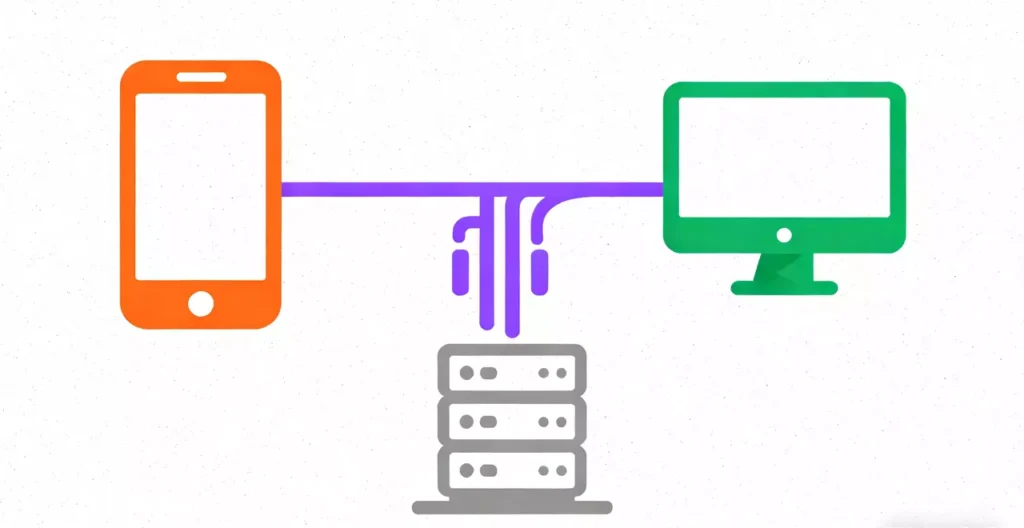In today’s internet-driven world, location can shape what you see online. From regional content restrictions to ad targeting and e-commerce pricing, your IP address reveals where you are. If you want to browse as if you’re in Canada—or manage multiple online tasks within that region securely—you need a Canada residential proxy. Let’s explore what it is, how it works, and why it’s useful for both individuals and businesses.
What Is a Canada Residential Proxy?
A Canada residential proxy is a proxy server that routes your internet traffic through real Canadian residential IP addresses provided by Internet Service Providers (ISPs). In simple terms, it makes websites think you’re browsing from an actual home network in Canada.
Because these IPs belong to real residential devices, they appear completely legitimate to websites. This helps users avoid detection, bypass region restrictions, and perform online tasks without triggering security flags.
For example, a proxy provider like IPFLY offers authentic Canadian residential IPs that allow users to access local content, conduct market research, and run cross-border operations with greater privacy and stability.
How Does a Canada Residential Proxy Work?
When you connect through a residential proxy, your traffic is first sent to a proxy server that assigns you a Canadian IP address. From there, your requests go to the target website. The website sees the proxy’s IP instead of your real one, believing the traffic originates from a Canadian user.
This setup provides three main advantages:
- Anonymity – Your real location and identity remain hidden.
- Access – You can view Canadian websites, ads, and content as if you were physically in the country.
- Security – It reduces the risk of being tracked or blacklisted when managing multiple accounts or scraping data.

Types of Residential Proxies
- Static Residential Proxies – Offer fixed IPs that remain the same for a longer period, ideal for account management or long-term logins.
- Dynamic Residential Proxies – Rotate IPs frequently, perfect for web scraping or data collection without getting blocked.
Benefits of Choosing a Reliable Provider
Not all residential proxies are equal. The quality of the IPs determines how well they perform and how long they stay undetected. Here’s what to look for in a provider:
- Clean IPs from real ISPs
- High uptime and fast response speed
- Wide geographic coverage within Canada
- Flexible pricing and rotation options
Providers like IPFLY meet these standards, offering over 90 million IPs worldwide—including a large pool of verified Canadian residential IPs—with 99.9% uptime and intelligent routing for consistent speed and security.
Common Use Cases
- Ad Verification – Check how ads appear to Canadian audiences.
- Localized Testing – View site behavior and loading times from Canadian networks.
- Data Collection – Gather local insights for business analytics without triggering bans.
- Social Media Management – Safely handle multiple Canadian accounts without detection.
Conclusion
A Canada residential proxy is a powerful tool for anyone needing authentic, location-specific access to the Canadian web. It offers privacy, stability, and flexibility for users ranging from digital marketers to cross-border e-commerce operators.
For dependable performance, choosing a trustworthy provider is essential. With its self-built servers, intelligent IP filtering, and global IP coverage, IPFLY delivers stable and secure Canadian residential proxies that fit both business and personal use cases. Whether you’re researching, streaming, or running online campaigns, IPFLY helps you connect like a local—safely and efficiently.


